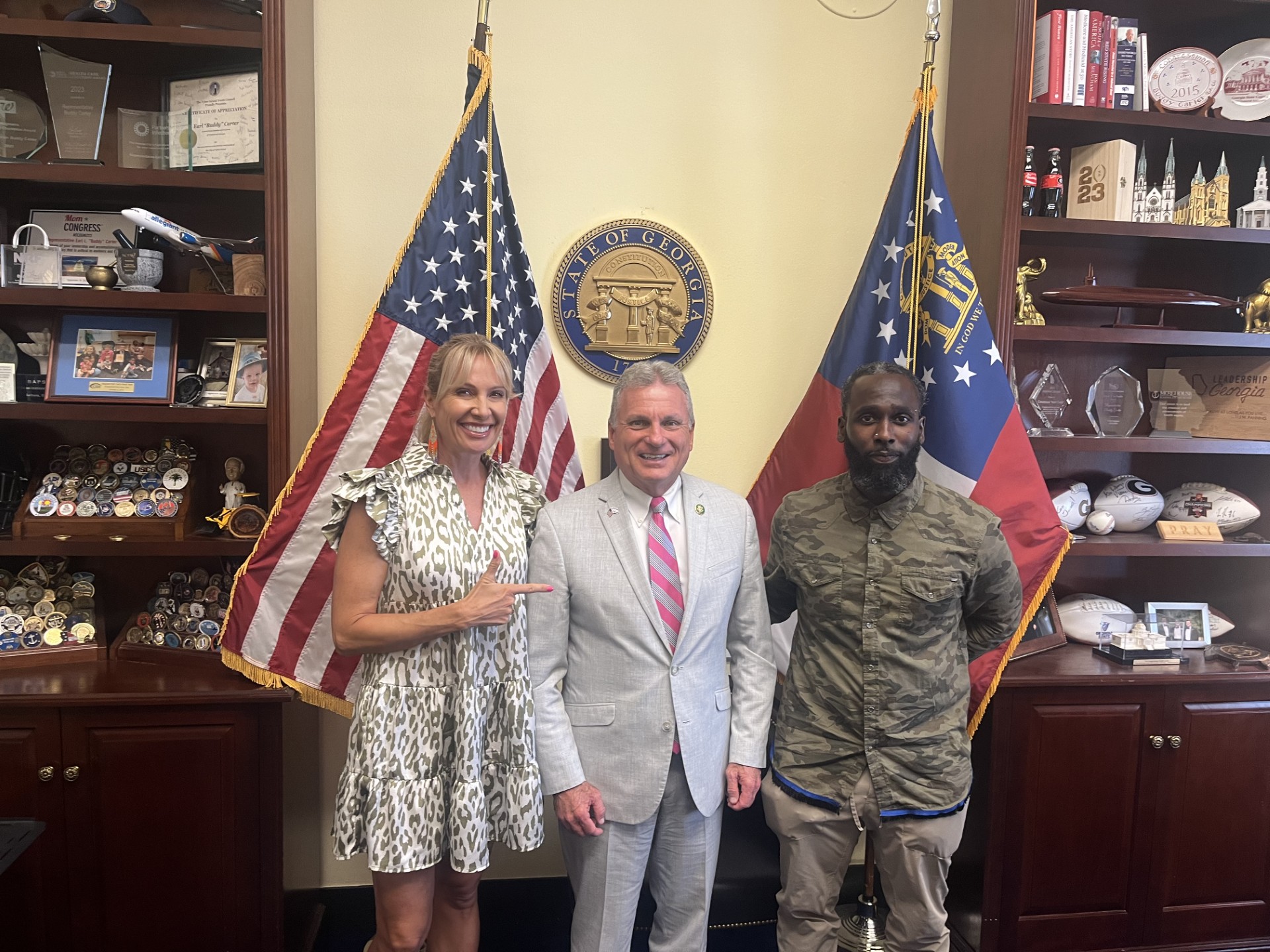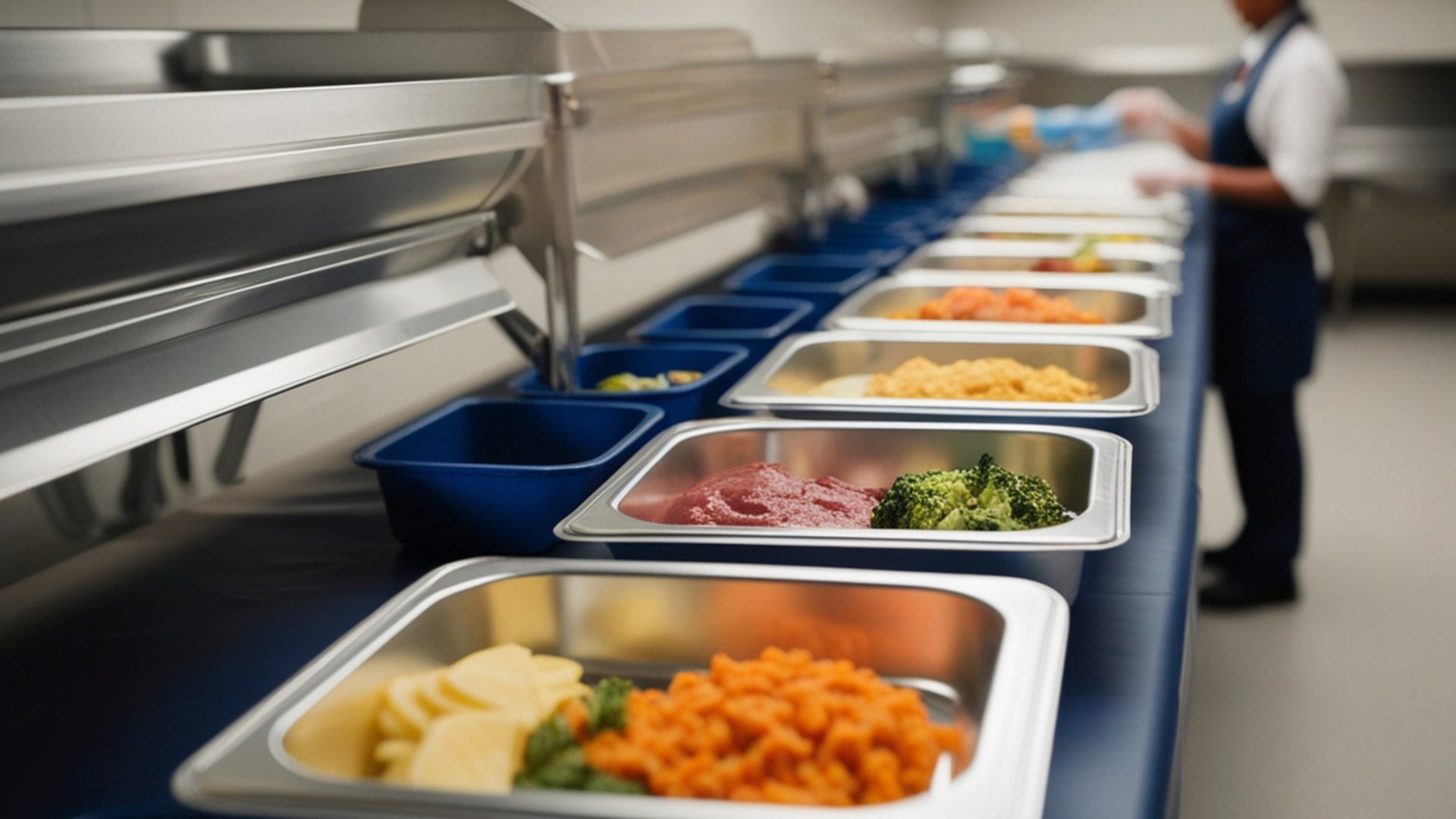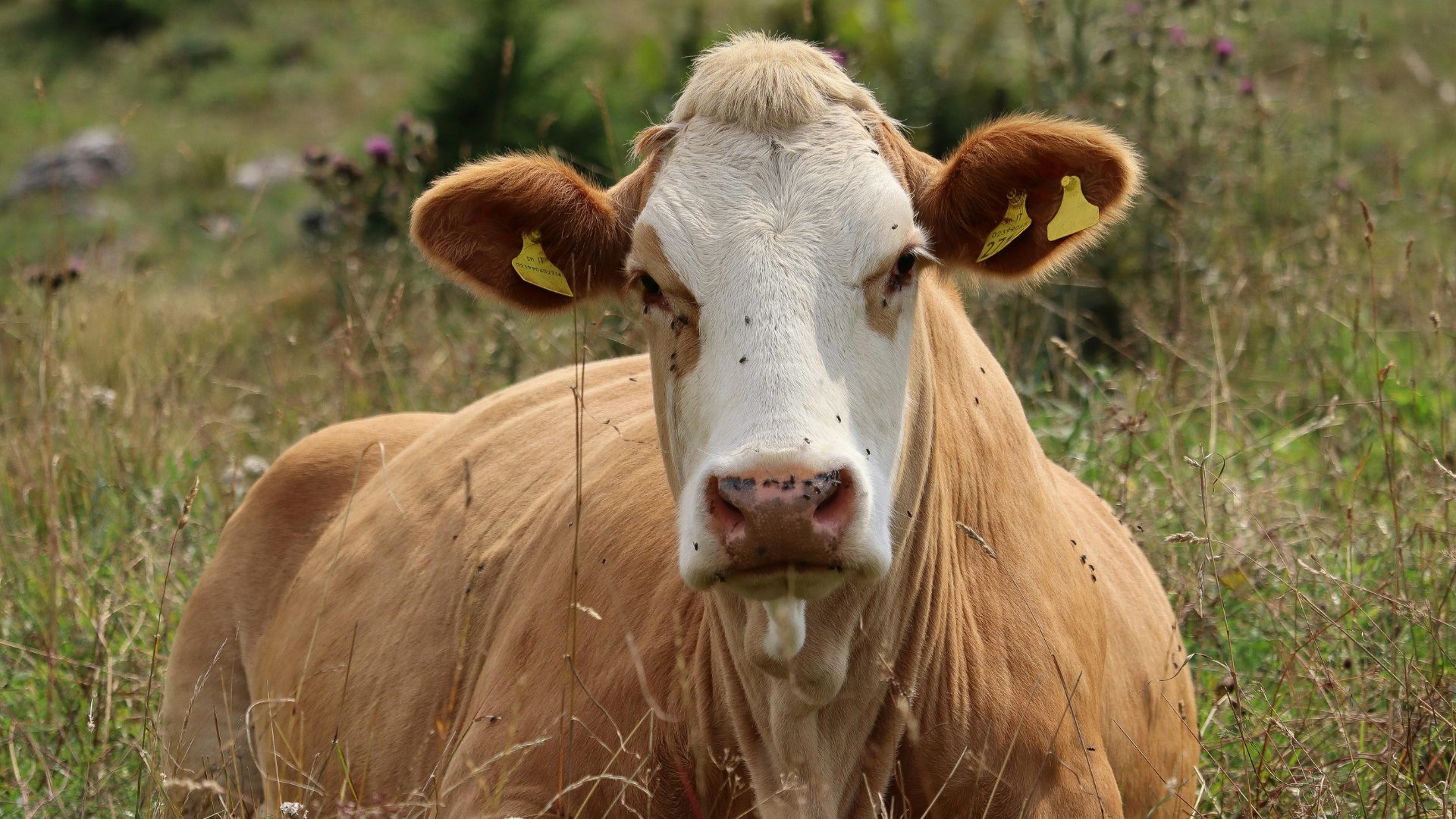According to the NIH, around one-third of Americans are lactose intolerant; however, the rates significantly vary across cultural demographics.
While lactose intolerance only affects around 15% of Caucasian Americans, it impacts approximately:
- 75% of African Americans
- 50-80% of South Americans
- 90% of Asian Americans
- Nearly 100% of Native Americans
However, cow’s milk has been served in 100% of U.S. public schools since 1946, when Congress passed the National School Lunch Act – despite the fact that an estimated 17 million school-aged children live with at least some degree of lactose intolerance.
“79 years ago, children were underweight and malnourished, and the government needed to fatten them up so they could go to war, which is obviously not the case today,” said Dotsie Bausch, a former Olympic cyclist and the president of Switch4Good.
“[Milk] has a couple nutrients in it, as it should, because it’s baby food for a growing calf. But there are so many foods that have those nutrients, so it just doesn’t make sense anymore,” Bausch told FI.
Although the U.S. Dietary Guidelines recognized fortified soy milk as a nutritional equivalent to cow’s milk in 2020, nutritional equivalency and cafeteria availability aren’t exactly the same thing.
And for some students, this lack of access to plant-based milk options has led to traumatizing consequences.
In February, a 6-year-old girl in Louisiana with a dairy allergy had an accident in class, which she was forced to clean up herself, after consuming cow’s milk as part of her school breakfast – even though her mother had filled out forms and submitted a doctor’s note about the allergy with her daughter’s enrollment paperwork.
In addition to sickening many students and distracting them from their studies, this phenomenon has also generated a substantial amount of waste – in terms of food and tax dollars.
“The federal government is wasting $300 million of our tax dollars a year by mandating that every school kid getting nutrition assistance has a carton of cow’s milk on the tray even though millions of them don’t want it and get sick from it,” said U.S. Rep. Nancy Mace, who co-introduced the Addressing Digestive Distress in Stomachs of Our Youth (ADD SOY) Act, which would have provided soy milk to kids participating in the National School Lunch Program and directed the USDA to reimburse schools for the cost, with Rep. Troy Carter in 2023.
“Thirty percent of kids throw the milk away, and hundreds of millions of tax dollars wasted is not simply spilled milk. Kids should have a healthy choice in lunchrooms,” added Mace.
Eventually, ADD SOY was replaced by a bipartisan bill incorporating parts of the Whole Milk for Healthy Kids Act and the Freedom in School Cafeterias and Lunches (FISCAL) Act, which Bausch has worked on for years. If signed into law, it will require schools to provide a plant-based milk option to students whose parents request it – no doctor’s note needed.
The bill was introduced by Senators Cory Booker and John Fetterman in tandem with a group of other senators and representatives, largely due to the advocacy efforts of Bausch and Wayne Pacelle of Animal Wellness Action and the Center for a Humane Economy.
“Getting the support of Senator John Kennedy of Louisiana was consequential because it gave us the bipartisanship that we needed to get the attention of the Republicans, with the margins really close in both chambers,” Pacelle told FI.
The bill was approved by the U.S. Senate Agriculture Committee in early June and is now with the House for a vote, which is expected to pass unanimously, according to Pacelle, who noted that this could happen as soon as early July.
However, Bausch and Pacelle still have their work cut out for them – because getting the bill signed into law is only half of the battle.
For one, many students (and their parents) aren’t even aware that they are lactose intolerant – and those who are aware may not realize that they now have the right to request a plant-based milk option.
“We’re headed out on a school tour in October. There’s certainly an opportunity digitally to let parents, teachers, principals, and kids know, ‘This passed, and these are your rights. You have free choice now.’ But I think that what will really sink in is in-person interaction, which is a little bit more expensive, but I think we can get some plant milk companies to pay for it, because it’s marketing for them,” Bausch told FI.
The Food Institute Podcast
Several economic headwinds indicate the consumer is being financially stretched, but we all need to eat – so what are consumers actually buying at the grocery store? Nik Modi of RBC returns to The Food Institute Podcast to discuss channel differentiation, consumer product selection, and other macro trends.












